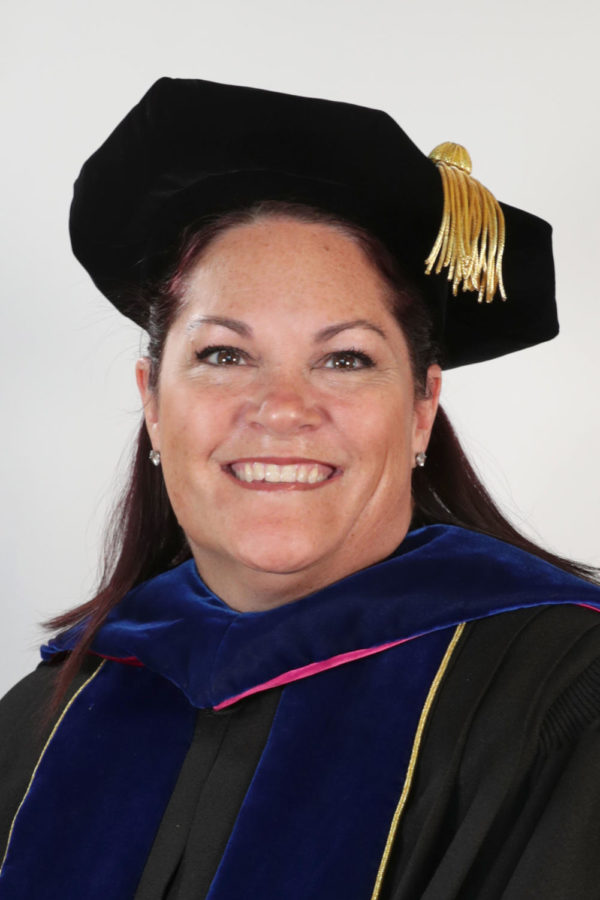Since 2000, 66 fires have occurred in off-campus housing, seven fires have occurred on campuses and six fires occurred in Greek housing.
Fourteen of the fires were intentional and claimed 22 victims and 35 fires were unintentional and claimed 47 victims. Over the years these fires have claimed several lives, many of which could of been saved by following simple fire safety.
This is why fire safety is such an important topic to discuss. September is National Campus Fire Safety month and I had the chance to talk to Mercyhurst University’s own fire safety specialist, Rick Sadlier.
Sadlier recently retired from the Erie Bureau of Fire where he served for 31 years. Since October 2001, Sadlier has worked part-time for Mercyhurst as a fire and safety officer. During his 35-years of service, Sadlier has become certified in many fire service areas on the state and national levels as well as by some professional qualification agencies.
Fire safety is Sadlier’s passion and explained how it is important to be aware of possible issues that can lead to hazardous situations.
“The leading cause of fire alarm activations in university-owned buildings is careless or unattended cooking. The university typically experiences over 20 documented careless cooking events per school year. Interestingly, this is the number one cause of accidental residential fires reported nationwide,” Sadlier said.
To prevent large-scale fires, Mercyhurst has many fire detection services. All fire safety equipment undergoes annual testing, inspection and maintenance to help keep students and faculty safe. Since safety is key, there are significant efforts being put forth to upgrade fire safety at Mercyhurst. These improvements will only make Mercyhurst better in preventing fires.
Sadlier said, “All student living buildings are protected by required equipment and systems such as automatic fire alarms, local single station smoke detection, fire sprinklers in Warde and Duval, portable fire extinguishers, adequate means of egress, emergency preparedness planning and fire exit drills in freshman dorms.”
In addition to the safety devices, all buildings are required to abide by a code for fire. This code assures that academic and other buildings have similar fire safety codes of the resident halls. Mercyhurst is also working on having a Fire and Life Safety Officer on duty, in case there is an emergency.
September is National Campus Fire Safety month and Mr. Rick Sadlier helps keep our campus safe all year round. If you are interested in Mercyhurst’s fire safety, the handbook contains sections dedicated to topic. If you have any questions contact Sadlier at rsadlier@mercyhurst.edu.




